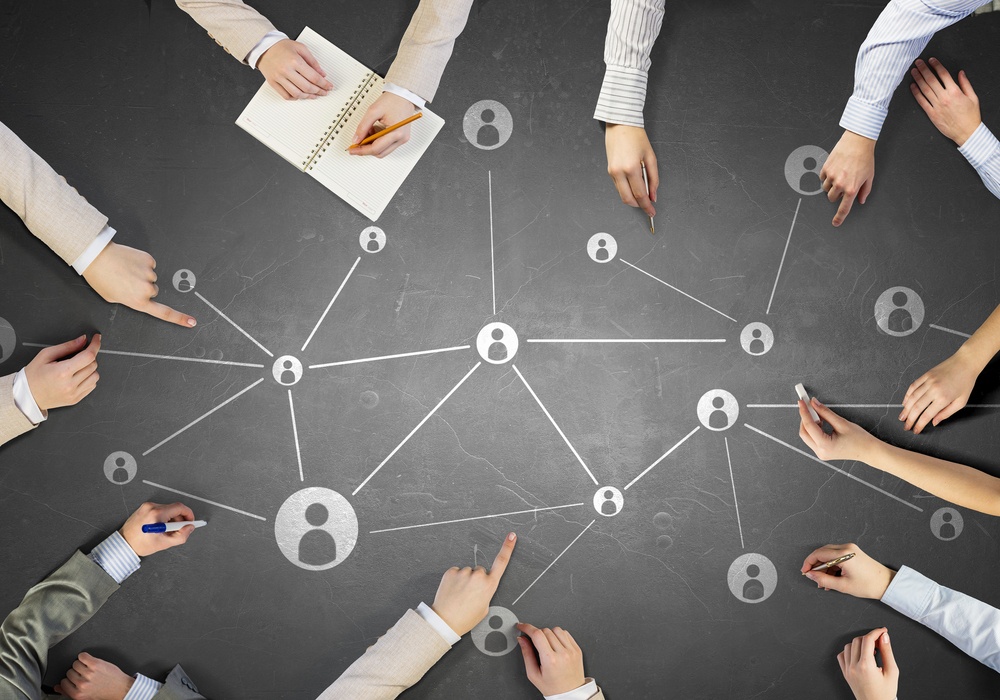


An essential competitive advantage of any business is the team effect, which is created through the
systematic formation
and development of teams. The main team effects include the following:
- priority of teamwork goals over personal goals;
- proactive joint use of resources to achieve a single goal;
- prevalence of non-material types of motivation;
- a high level of personal responsibility and interest in achieving the common goal;
- voluntary self-discipline and self-control of the team members;
- openness of communications;
- informal leadership of the leaders;
- flexibility, adaptability and readiness for change;
- high level of trust between the team members;
- standards of behavior and activities are understood and shared by all team members;
- focus on high performance and efficiency;
- developed corporate culture.
The development of team effects should have a systemic character, these processes can be based on such
methods as
methods of team spirit development and methods of teamwork skills development.
Those methods, which are aimed at the development of team spirit, as a rule, imply:
- strengthening a sense of belonging, a sense of «we»;
- increasing loyalty, commitment and motivation for joint activities;
- formation and development of informal, meaningful and productive relationships and
interrelationships;
- increase of the informal authority of the leaders;
- formation and development of experience of joint productive actions;
- development of trust and increase of the level of acceptance of each other by all members of the
team;
- creation of the lively and bright joint history which strengthens the acceptance of the corporate
philosophy.
In turn, methods aimed at building and developing teamwork skills include the development of skills
such as:
- skills in setting overall goals and objectives and taking responsibility for achieving them;
- skills of leadership allocation to specific tasks - flexible change of leadership styles in
accordance with the
specifics and features of specific tasks;
- development of the skills of constructive interaction and self-management - self-discipline,
self-regulation, etc.;
- skills to effectively use the strengths of team members, taking into account the specifics of their
role behavior;
- skills to transfer and disseminate knowledge and experience in effective teamwork.
Well, team development should be of a systemic nature, only in this way companies can achieve team
effects, these
processes should be built into daily activities, while special events or special programs aimed at
development of team
effects can also be carried out to enhance efficiency.